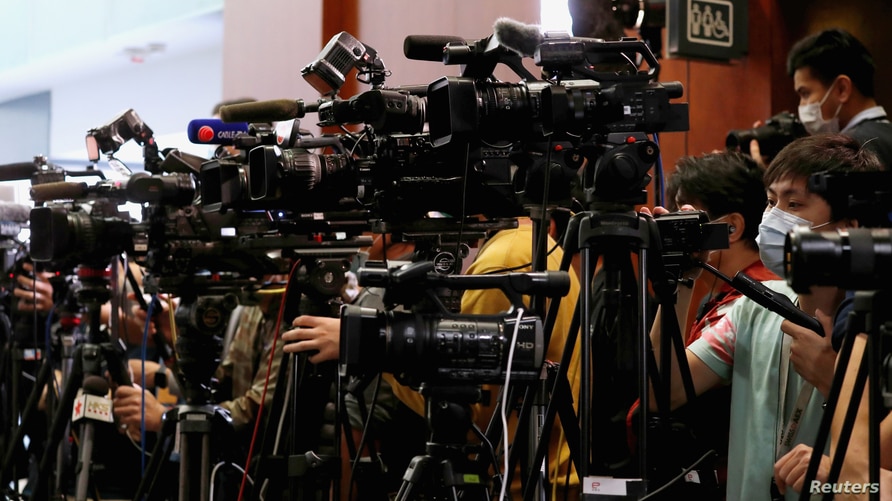Don’t compromise basic principles of journalism

King Charles III visited Kenya and left. As expected, the media covered the royal couple’s every move.
As a subject, the primary audience for the King’s tour is his nation, from where every aspect of his activity is monitored and reported.
The host nation equally has an interest. The audience in the host country is interested in knowing about their guest from the official engagements and side stories that may emerge. To do this, local media need as much access to the dignitary as the home country journalists do.
The organisers of such trips, for obvious reasons, need to treat all journalists equally – those from the host country and from the home country. Given the international stature of the King as the sovereign of some of the Commonwealth States and as the Head of the Commonwealth, the interest in accessing the dignitary goes beyond journalists of the two countries. Journalists come from different cultures, and the journalistic culture where they come from inculcates in them certain expectations. Kenyan public increasingly makes journalists feel like part of the story.
During public gatherings, events covered by the press, dignitaries often acknowledge members of the press or members of the Fourth Estate among those mentioned in opening remarks or during Kenya’s exaggerated tradition of giving a vote of thanks.
Journalists are supposed to simply be a fly on the wall, watching events unfold discretely to allow them to cover the story from a point of detachment. Hoarding journalists in a holding pen, from where they are to take pictures, watch events unfolding and listen to speeches, is already interfering with objectivity of the reporting.
Journalist’s view of the event would thus be influenced by where such a holding place is situated. Journalists should roam about, poke their noses where they may not be welcome, ask uncomfortable but necessary questions, and get answers to their curiosity.
But Kenyan journalists have now been turned into a special breed. In large part, the public has nurtured this sense of entitlement. Information package, mostly censored public relations material – much of it not any great use, is packaged and forwarded to the journalist. There is nothing wrong with that as a beginning point, for such packages could have some gems of a story – not necessarily the one intended by the PR people.
But the treatment has tended to include, besides public acknowledgement, special feeding arrangements, with a special tent reserved from where refreshments of journalists may be served. Journalistic cultures differ. Those from the West would shun such a treatment, considering it to be intended to influence them negatively. From elsewhere, mostly in Africa, such treatment and more is expected and has come to be accepted as part of journalistic culture. The giving out of brown envelopes, whether openly or in other forms, is part of the treatment that some journalists expect.
Kenyan journalistic culture has tended to be somewhere in between. The Media Council of Kenya has spelt out the ethical framework within which journalists should operate. Besides, major media houses have in-house codes that should be observed in journalistic practice. In the case of broadcast media, where such in-house code does not exist, the Communications Authority of Kenya has a generic code by which journalists should operate.
King Charles III comes to town, and no provisions are made for refreshments for journalists, which becomes a point of strain for local journalists. It is worth exploring, and maybe a study is due, how reportage may differ where journalists have been privileged and in instances where they have not. What context between the two would journalists operate under more objectively?
The media should create sufficient space between themselves and their sources to retain the watchdog role. Whereas the African culture may provide for certain indulgences, tea included, caution is essential so as not to compromise the ideals of the craft.
—The writer is Dean, School of Communication, Daystar University












